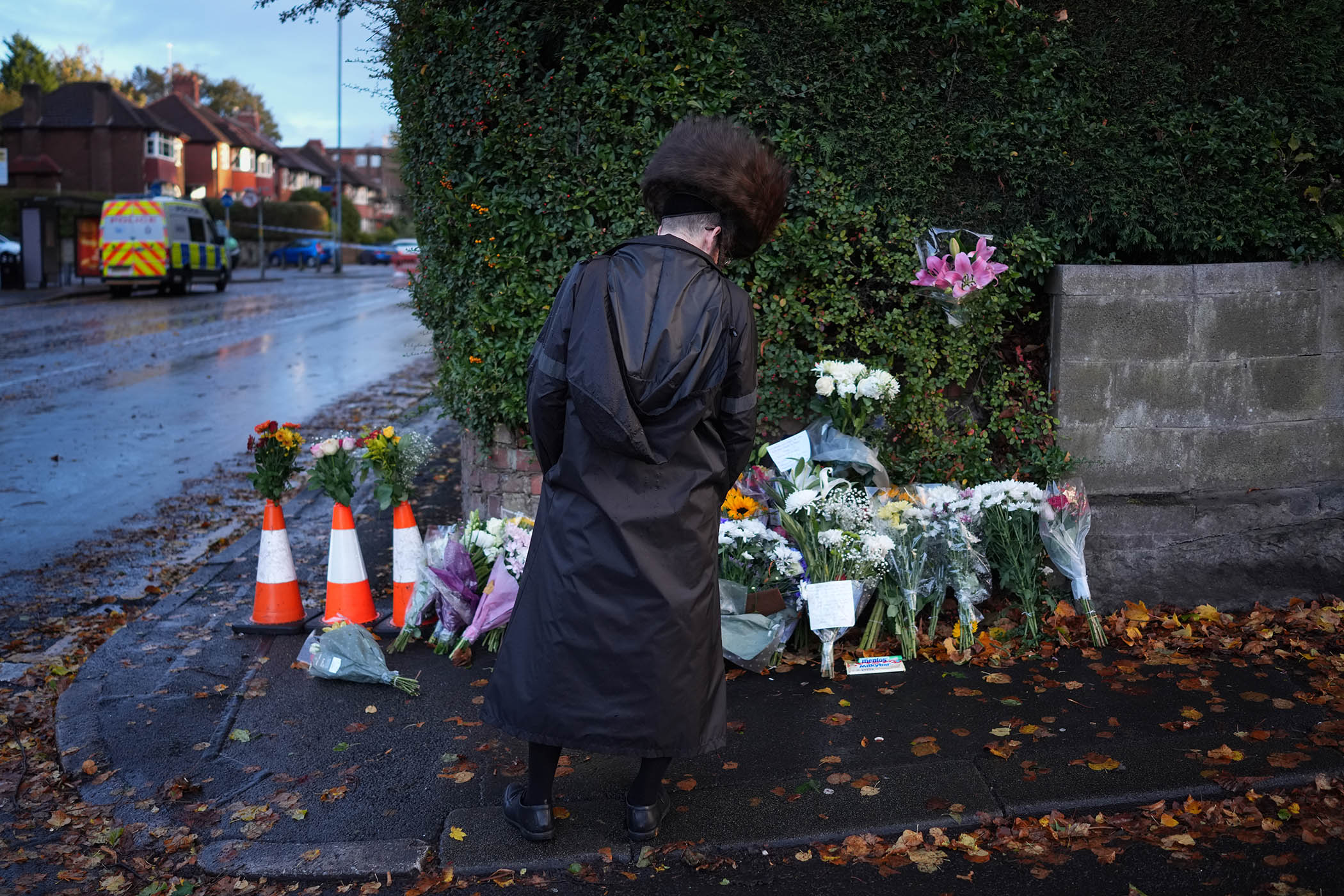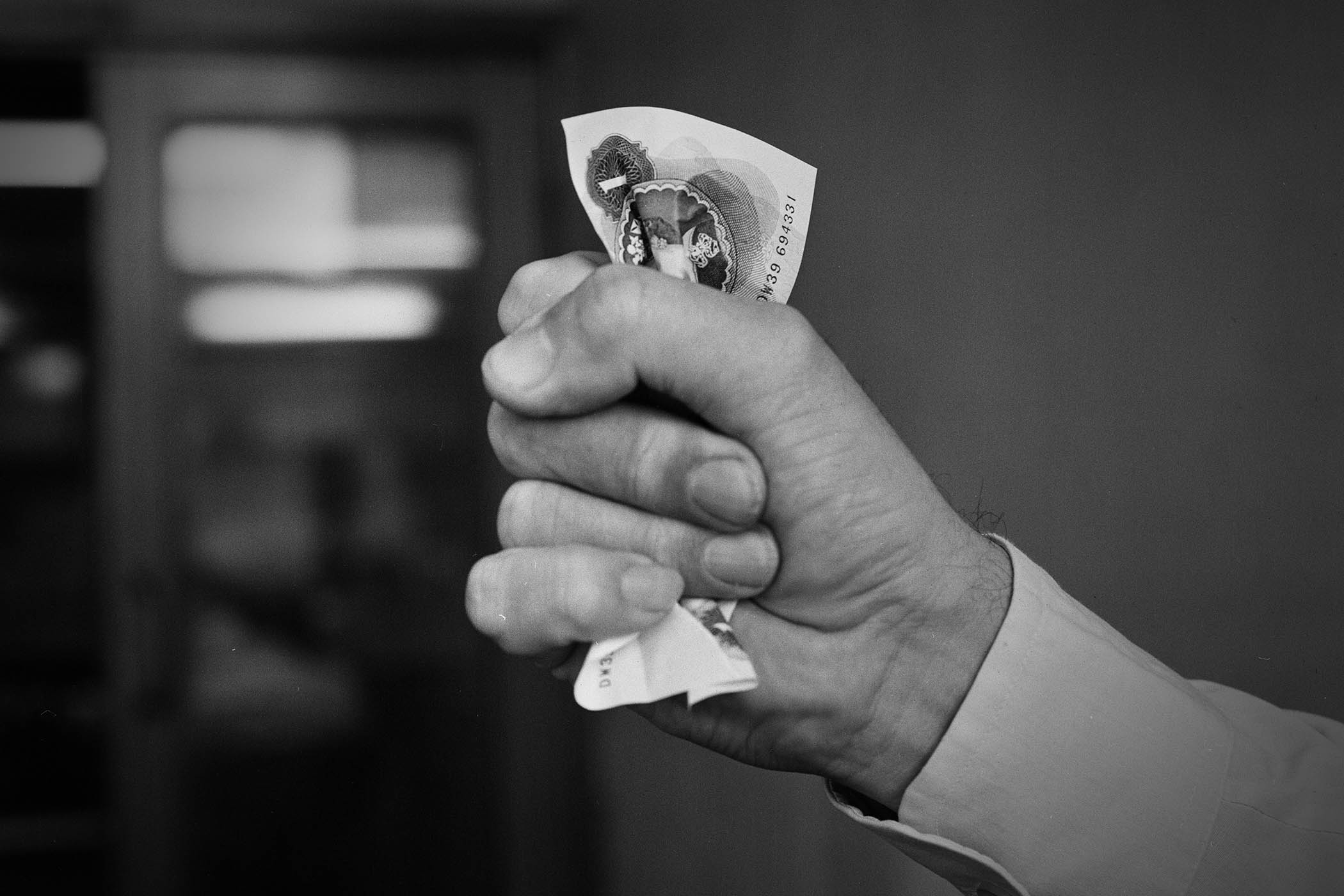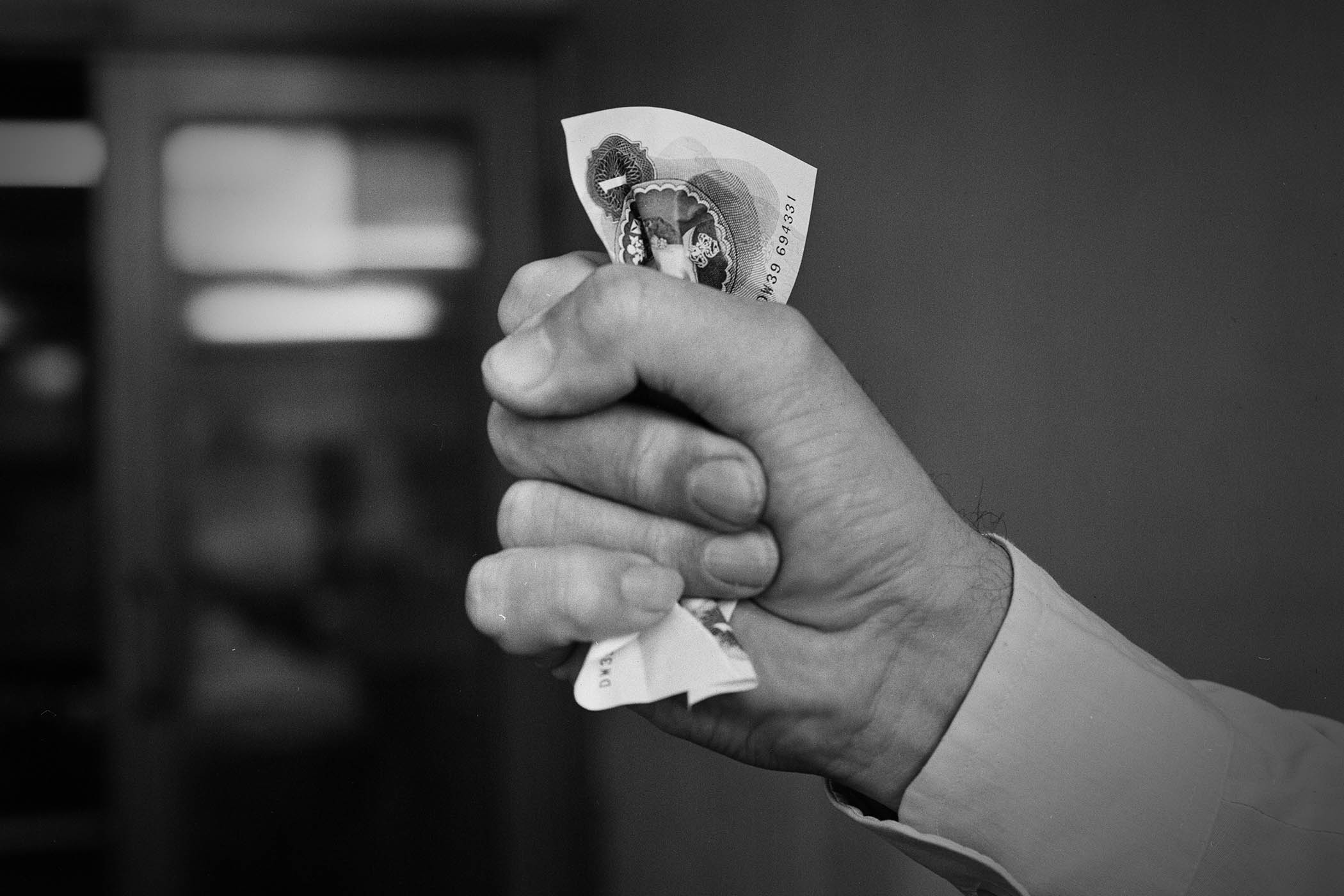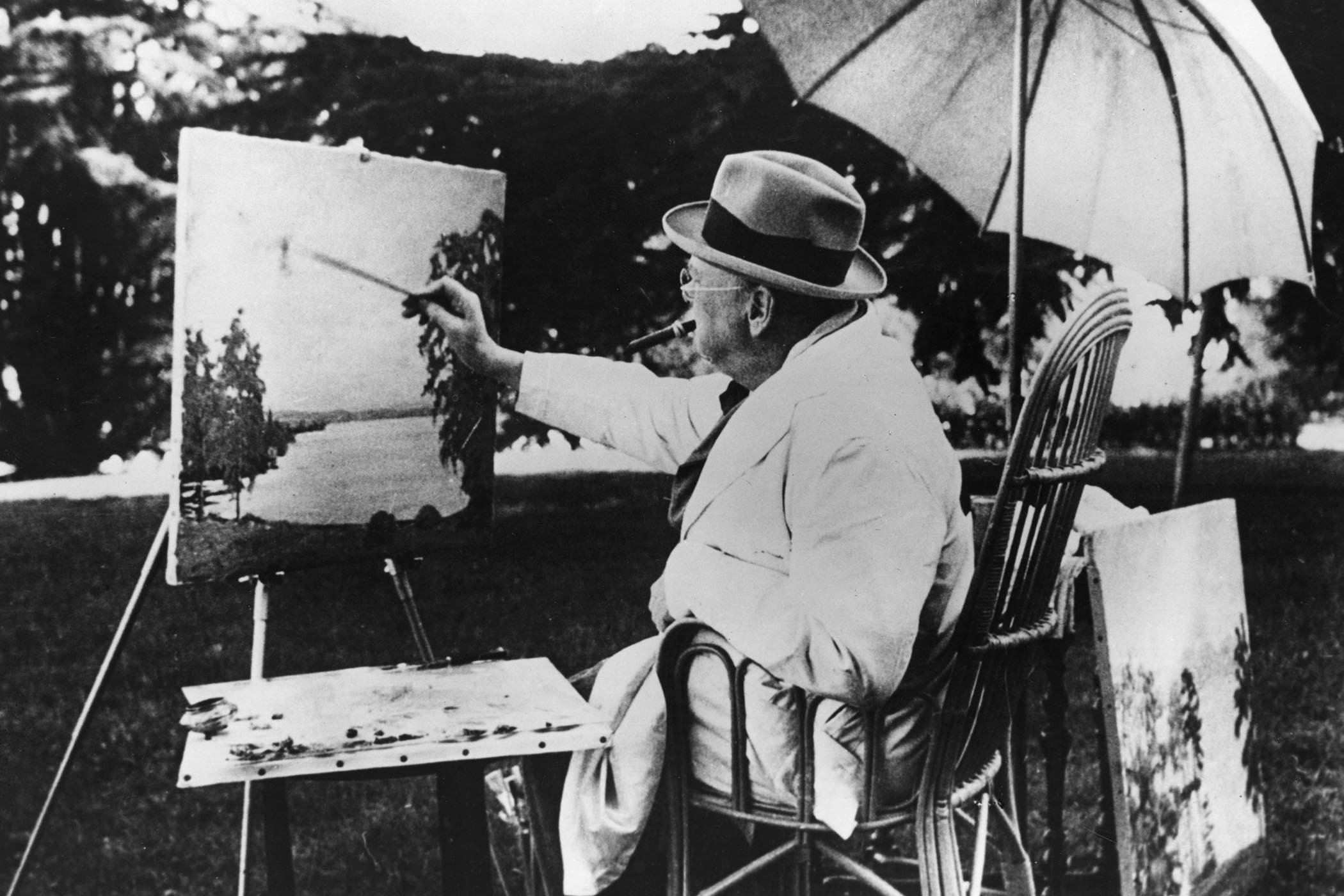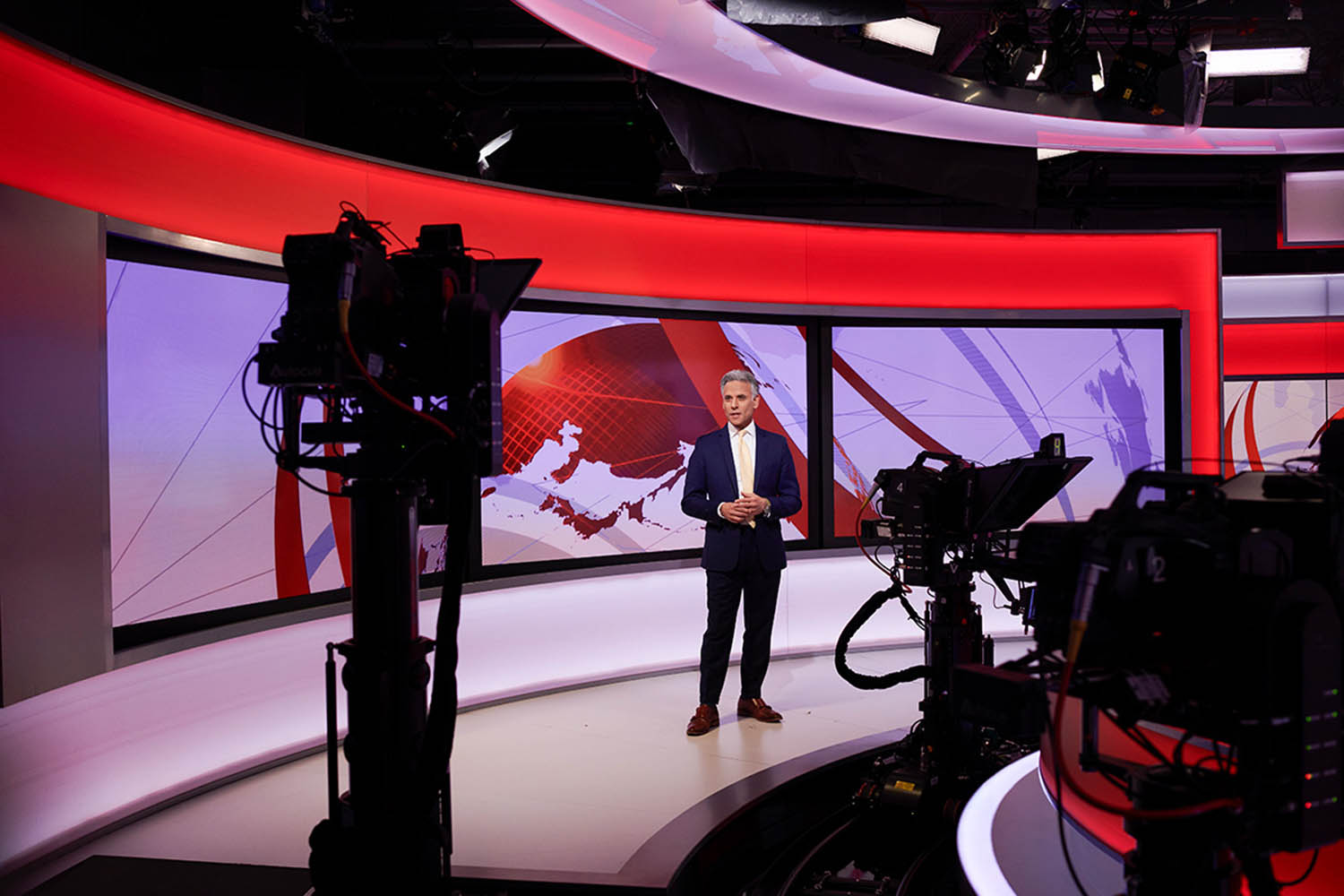
The broadcaster is a bulwark against the erosion of truth and deserves real independence
In the US this month the Corporation for Public Broadcasting announced that it was closing down because of government cuts, with the loss of half a billion dollars a year for local public service broadcasters across America. In the UK this weekend anti-immigration protests have been planned in at least a dozen cities, cheered on by a party – Reform UK – that would scrap the BBC licence fee if it came to power.
Reform and the Trump administration believe public service broadcasters are institutionally biased against the right. They aren’t perfect, but with good leadership these broadcasters can serve as a vital defence against abuse of power by government, against self-serving commercial control of the media and against the flood tide of online misinformation and conspiracism now being turbocharged by AI. BBC News in particular has an unmatched international reputation for serious public interest reporting. But its funding is at risk and its independence is not a given. It must be put beyond the reach of politics and politicians.
This summer the BBC has been heavily criticised from both sides of the debate on Palestine – first for not airing a documentary it had helped to develop on the horror witnessed by doctors in Gaza, then for not cutting away from Bob Vylan at the Glastonbury festival when their set morphed into antisemitic chanting. At the same time the corporation has broadcast hundreds of hours of diligent reporting on Gaza and Israel, rigorously vetted for impartiality. Even so, Lisa Nandy, the culture secretary, leaned on its chair to get rid of the director general over the Bob Vylan episode. She denies it, but that is how her interference was interpreted at Broadcasting House.
The point of public service broadcasting is to serve the public, not politicians. Labour fails to grasp the distinction
The BBC’s management should be accountable for its editorial decisions and mistakes, but it cannot serve at the mercy of ministers. The point of public service broadcasting is to serve the public, not politicians. Labour fails to grasp the distinction. The Conservatives scorned it. On their watch the BBC’s charter renewal process became a mechanism for relentless downward pressure on budgets. Boris Johnson behaved as if the appointment of the BBC chair were in his personal gift as prime minister.
Related articles:
The pressure on BBC budgets has been insidious. New restrictions on access to the corporation’s written archives, forced by scarce resources, will do untold long-term damage to the UK’s ability to study its own history. BBC Sounds, a great idea in principle, is now not available in practice to listeners outside the UK. Flagship news programmes like Newsnight have had to rein in their reporting ambition.
These are false economies. Fully funding the BBC and the BBC World Service is the best investment in soft power that Britain can make. At home, muscular local reporting is essential to the functioning of democracy, but local news is atrophying. In the US, the number of local journalists has fallen by three quarters since 2002 and the eminent historian Tim Snyder has called the local news crisis “the essential problem of our republic”.
Even in America, substantial subsidy for journalism is not anathema. Steven Waldman points out in the Columbia Journalism Review that a century ago the US postal service’s cheap postal rates for newspapers amounted to an annual subsidy worth $50bn in today’s money. Waldman suggests a levy on Big Tech as a contemporary equivalent. That is worth considering. In the meantime, few voices speak up for the BBC but millions use it and enjoy it. Keir Starmer should do for the corporation what Gordon Brown did for the Bank of England and guarantee its independence for good.
Photograph by BBC
